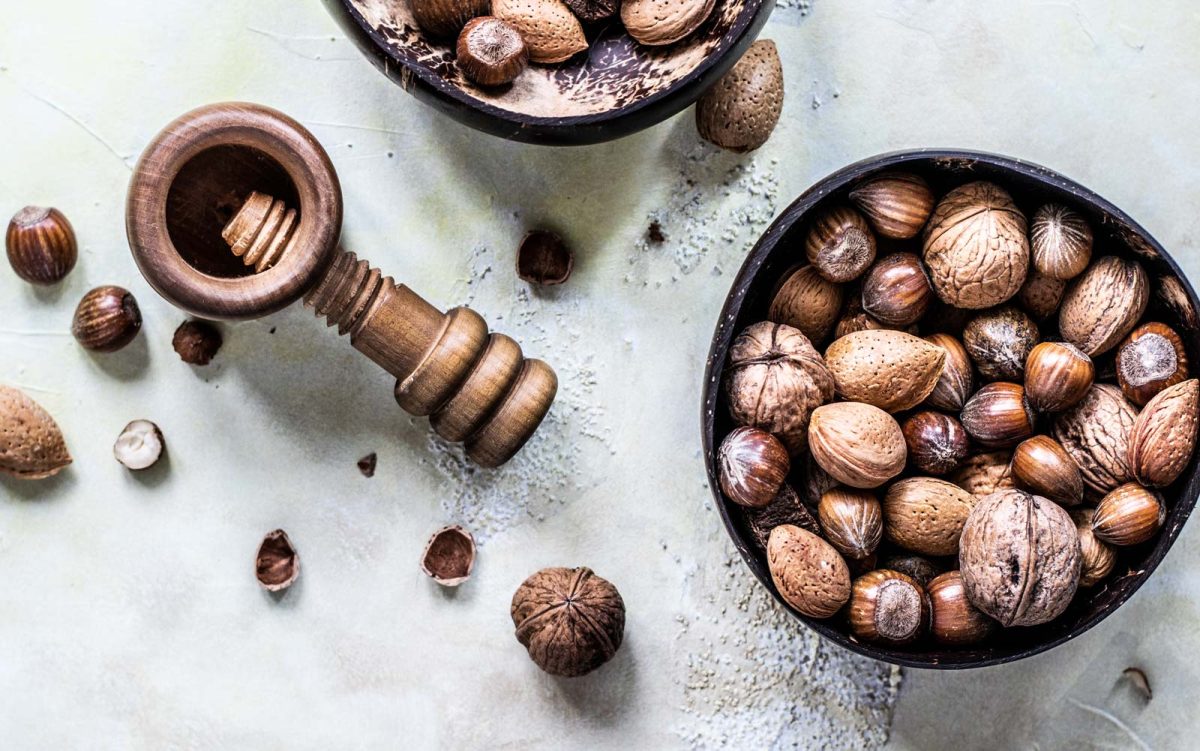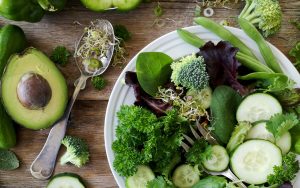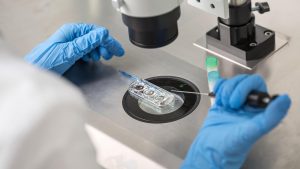The decline of sperm quality and concentration can sometimes be contributed to environmental and lifestyle factors. Research has previous shown that smoking, excess alcohol consumption, exposure to chemicals and excessive heat can cause DNA damage to sperm and impact both the concentration and quality.
Recently, researchers from the University of Utah have looked into the potential impact of short or middle term consumption of nuts, mainly almonds, hazelnuts and walnuts can have on male fertility and the results were remarkable, revealing the effect nuts have on sperm DNA methylation.
One of the study authors, Dr Albert Salas-Huetos, who is now based at Harvard University added that by consuming nuts in “a regular Western-style diet subtly impacts sperm DNA methylation in specific regions, demonstrating that there are some sperm epigenome regions that could respond to diet.”
The study also reveals that there are some sensitive regions of the sperm epigenome that respond to diet and this can impact the sperm’s ability to fertilise and egg.
DNA methylation is essentially the way gene activity changes during life, especially during early development. Altered DNA methylation has previously been shown to be a biomarker for a decrease in fecundity and potential diseases and disorders later in life.
We have written previously about food you may be able to eat in order to help boost male fertility, and for many couples undergoing fertility treatment, the loss of control and taking a step into an unknown and daunting process can cause stress, depression, and anxiety. Taking control of at least one aspect of your life during your fertility journey can be beneficial to your treatment and advantageous for your general wellbeing.
Furthermore, research presented at the European Society of Human Reproduction and Embryology (ESHRE) in 2018 revealed that men who regularly consumed nuts in their diet had a sperm count 16% higher than those who did not.







